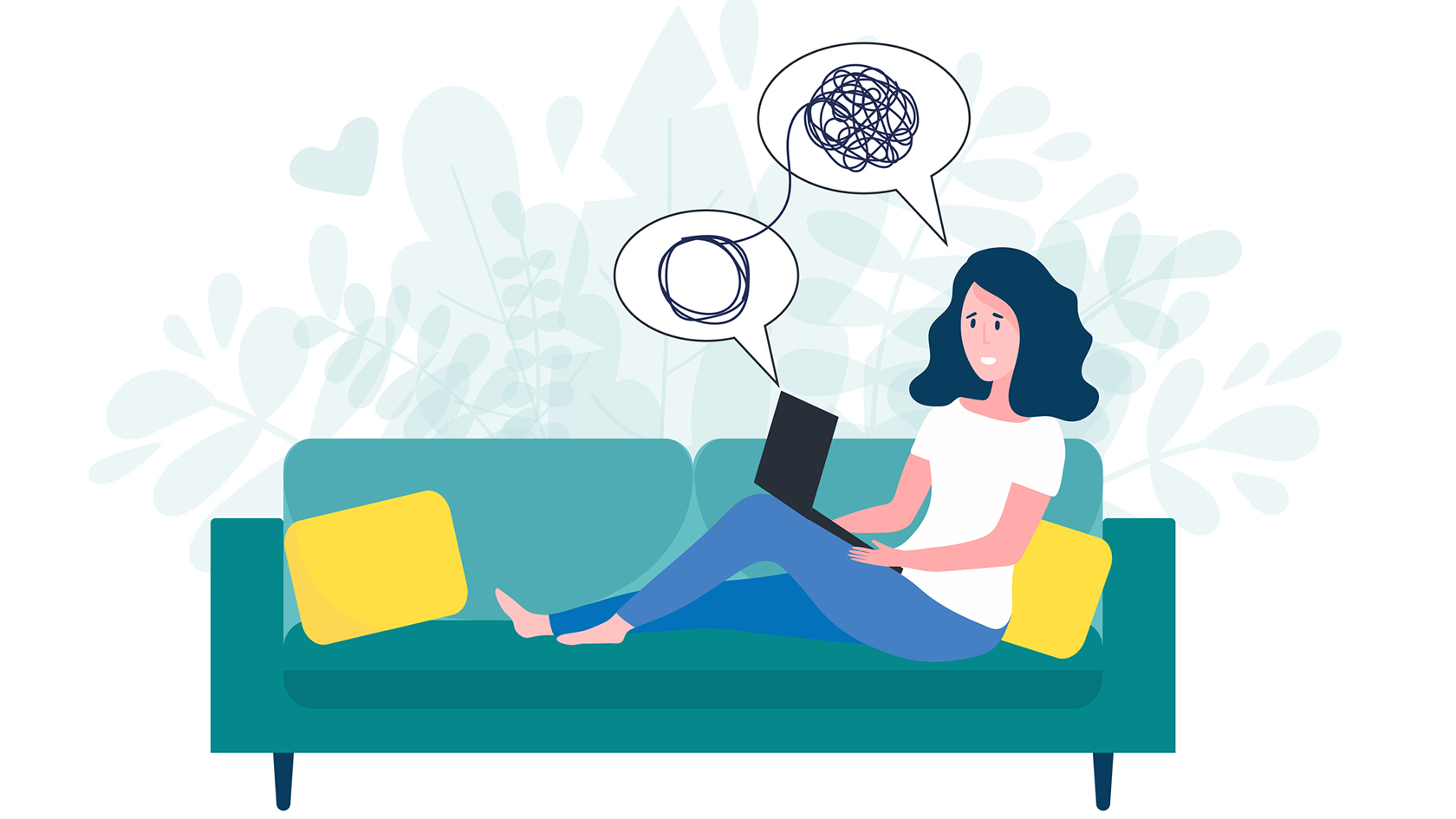Pitfalls of Computer-Based Psychotherapy
Smartphone apps and internet programs promise quick and easy help for mental health difficulties. Birgit Watzke and her team at the Department of Psychology are investigating these digital tools and identifying their uses and limits.

The demand for therapy places for people suffering with mental health problems is currently sky high. Depression and anxiety disorders in particular are driving more and more people in Switzerland to seek psychotherapy, and the numbers continue to rise. Although provision of mental healthcare in Switzerland is generally considered good, those seeking help are now having to wait longer than usual to see a therapist..
In times of such need, online therapy programs and smartphone apps seem to offer an inexpensive alternative. They may also appeal to people who would feel reticent about going to a psychotherapist. Instead of relying on a specialist, digital tools can teach people techniques from behavioral therapy and help them to help themselves.
But these easy-to-access services are not without problems. “We currently know far too little about the efficacy of internet-based therapies,” says Birgit Watzke, professor of clinical psychology and psychotherapy research at UZH. “In many cases, their effects have not yet been sufficiently proven.” Watzke firmly advises against using such apps without professional support, except in clear cases of very minor symptoms, such as mild depression.